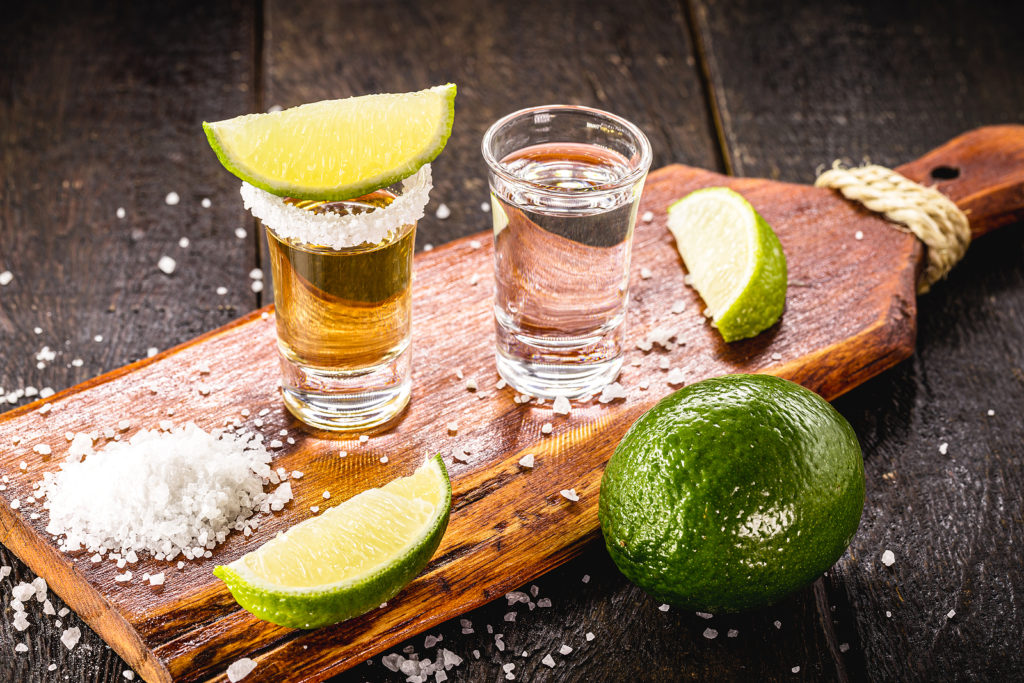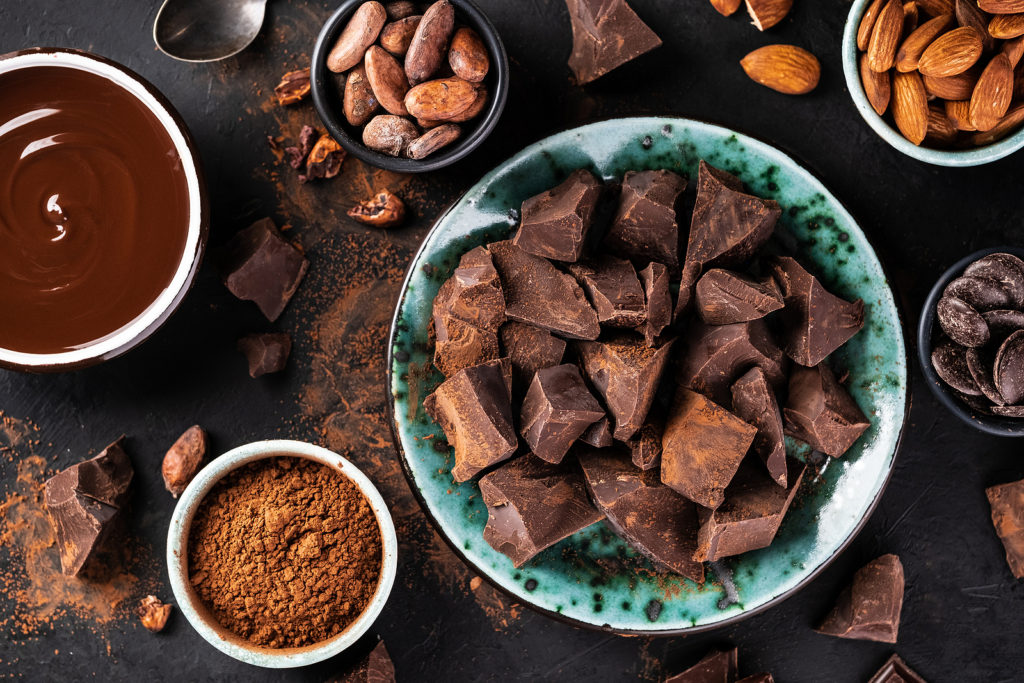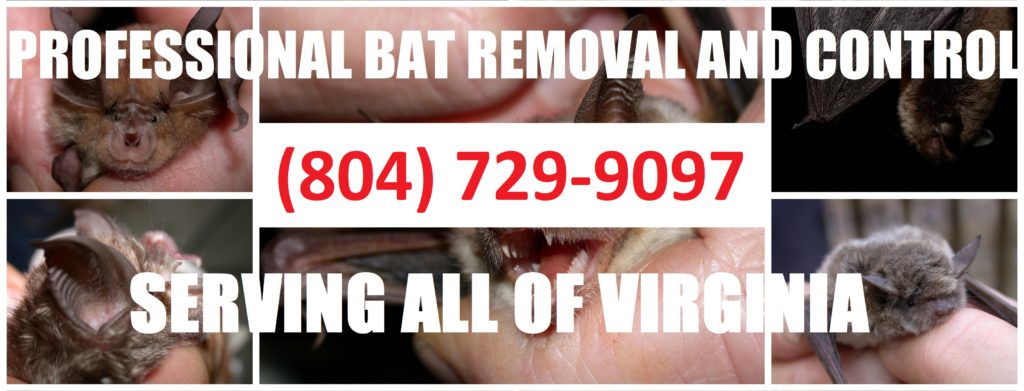Do you love margaritas? Do you relish in the indulgence of anything chocolatey? If so, you should be grateful for…BATS! For the sake of the Halloween season, let’s discuss why bats are ecologically important for many of the crops we love the most across the world.
Continue reading to get started for all of the fun bat facts!

The Incredible and Undeniably Impressive Attributes of Bats
Bats are an incredible and unique species of mammal. That’s right; bats are mammals, just like us! Not only are bats mammals, but they are also the only mammal capable of true flight. Other mammals might be able to glide or drift or float on air currents, but bats can actually fly like a bird. Bats are also incredible at flying. They are some of the fastest mammals on earth, with some species, such as Mexican free-tailed bats, capable of reaching speeds of up to 100 miles an hour.
But the incredible attributes of bats do not end there. Bats also retain an incredible, built-in sonar system known as echolocation. Although not all bats use echolocation, the ones that do are certainly fascinating. Bats are not blind, but echolocation allows them to dart and dive for prey with precision and accuracy. It also allows them to navigate through dark caves and tree canopies with astute precision.
Speaking of prey, bats consume a massive quantity of flying insects each night. One single bat can eat more than its own body weight in insects, such as mosquitoes, gnats, flies, moths, and more. This brings us to our love of tequila and chocolate!
The Ecological Importance of Bats for Farming
Local and global bat populations serve a variety of ecologically important purposes, namely with farming and crops, but also with local economics. You see, bats are one of the best pollinators in the world. In fact, more than 549 known plant species are either pollinated or dispersed by bats! Some of their favorite crops to pollinate include guava, bananas, mangoes, and cacao, which happens to be the central ingredient in chocolate! So yes, you can thank bats every time you indulge in some tasty chocolatey sweetness!

In addition to helping with pollination and disbursement of plant species, bats also help farmers protect their crops from damaging pests. As mentioned, bats eat a lot of insects, the very insects that like to pillage some of our most important agricultural crops, such as cotton. With such beneficial protection, farmers can abate the use of pesticides, as well as harvest and sell more crops, thus boosting the economic advantage in our communities.
Now for the tequila. You might wonder how bats could possibly contribute to your beloved margaritas, salted tequila shooters, and palomas. Well, the answer is Agave. The Lesser long-nosed bat is notorious for their love of the blue agave cactus. They are one of the main pollinators of this important herbaceous plant species, which is the key ingredient for many types of tequila.
✨So, the next time you enjoy a delicious margarita with a slice of torte cake, you can give a grateful toast to bats!????
Are you impressed with the various attributes of bats, but are dealing with a nuisance bat problem on your property? Contact Virginia Bat Pros at 804-729-9097 for safe and humane bat removal and control in Richmond, Virginia and its surrounding counties. We serve both residential and commercial clients the most competitive rates around.
Related Posts:
The Differences Between Megabats and Microbats
Could Wind Turbines Be a Threat to Bats in Virginia?
Facts About White-Nose Syndrome and Bats

